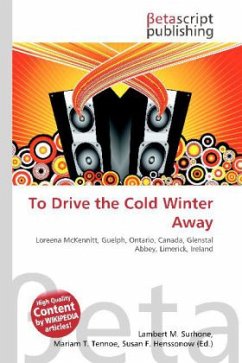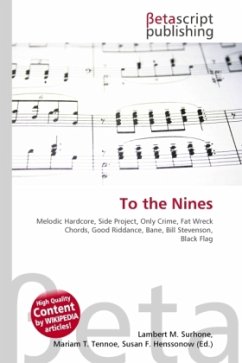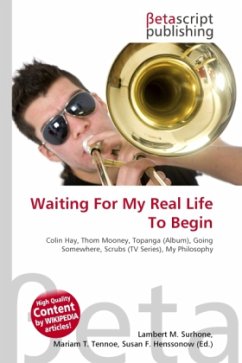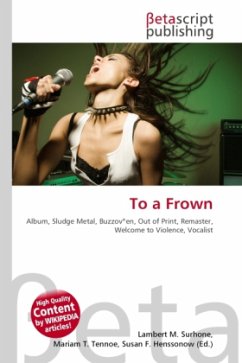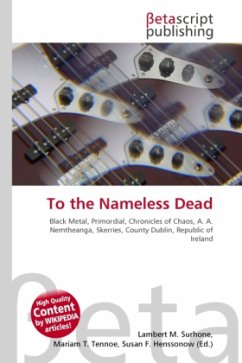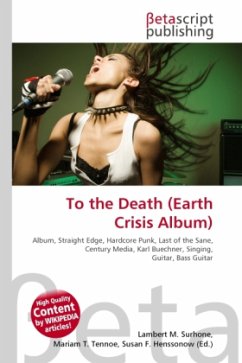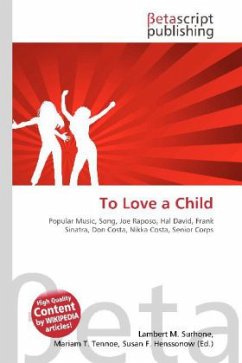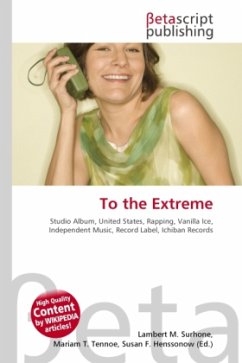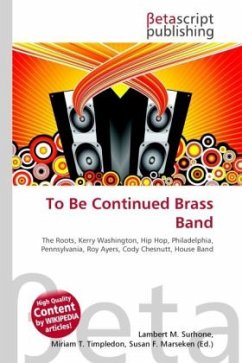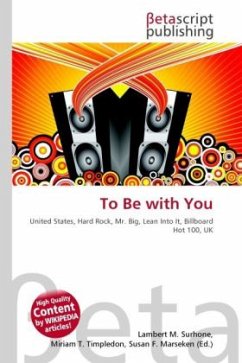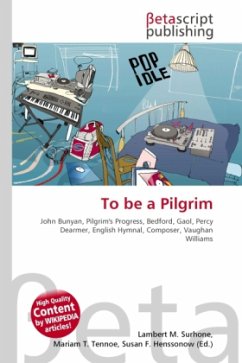
To be a Pilgrim
Versandkostenfrei!
Versandfertig in 6-10 Tagen
23,99 €
inkl. MwSt.

PAYBACK Punkte
12 °P sammeln!
High Quality Content by WIKIPEDIA articles! "To be a Pilgrim" is the only hymn John Bunyan is credited with writing but is indelibly associated with him. It first appeared in Part 2 of Pilgrim's Progress, written in 1684 while he was serving a twelve-year sentence in Bedford Gaol on a charge of preaching without a licence. The hymn recalls the words of Hebrews 11:13: "...and confessed that they were strangers and pilgrims on the earth." The words were modified extensively by Percy Dearmer for the 1906 The English Hymnal. At the same time it was given a new tune by British composer Vaughan Will...
High Quality Content by WIKIPEDIA articles! "To be a Pilgrim" is the only hymn John Bunyan is credited with writing but is indelibly associated with him. It first appeared in Part 2 of Pilgrim's Progress, written in 1684 while he was serving a twelve-year sentence in Bedford Gaol on a charge of preaching without a licence. The hymn recalls the words of Hebrews 11:13: "...and confessed that they were strangers and pilgrims on the earth." The words were modified extensively by Percy Dearmer for the 1906 The English Hymnal. At the same time it was given a new tune by British composer Vaughan Williams using the traditional Sussex melody "Monk's Gate". The hymn has also been sung to the melody "Moab" (John Roberts, 1870) and St. Dunstans (Charles W. Douglas, 1917).



